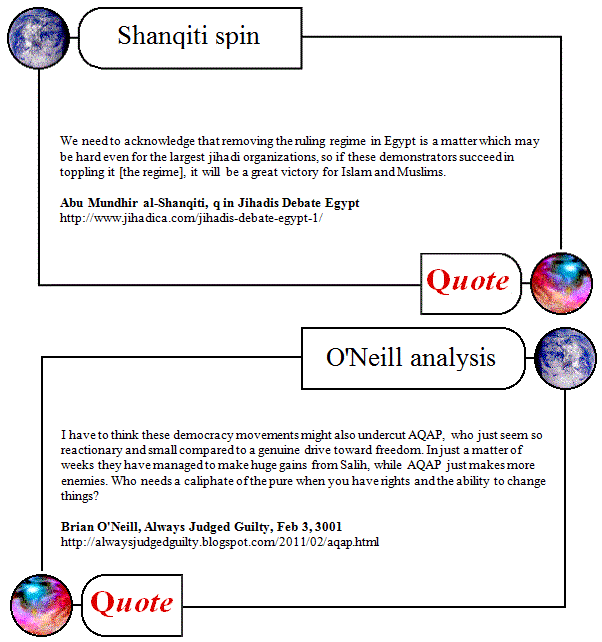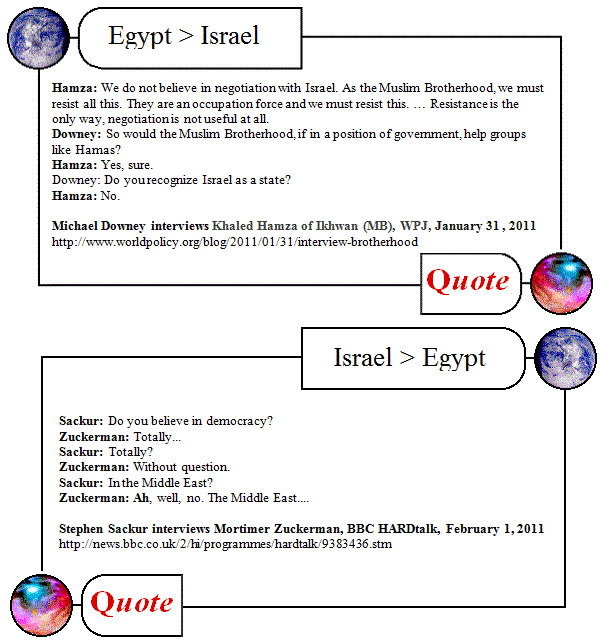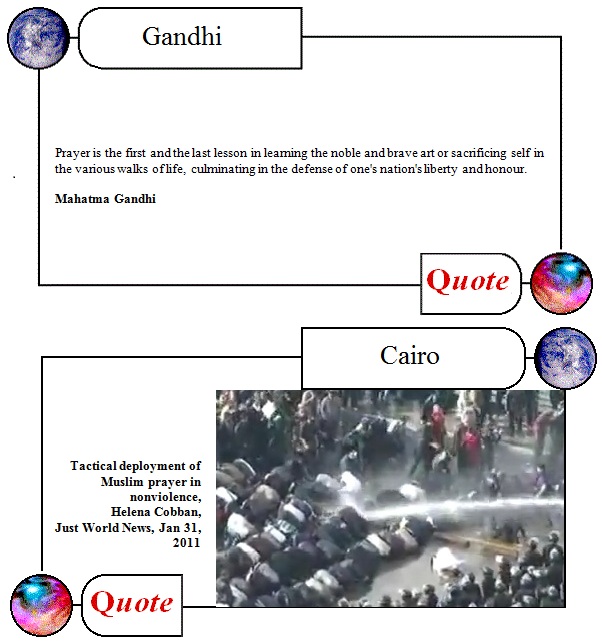Geert Wilders, the Dutchman who is Parliamentary Leader of that country’s Party for Freedom, is currently being prosecuted for “incitement to hatred and discrimination” owing to things he has said about Islam. Rick Darby has an eloquent post in which he excerpts several passages from Wilders’ statement to the court. Note especially:
The lights are going out all over Europe. All over the continent where our culture flourished and where man created freedom, prosperity and civilization. The foundation of the West is under attack everywhere…My trial is not an isolated incident. Only fools believe it is. All over Europe multicultural elites are waging total war against their populations.
Be sure to read Rick’s entire post. See also Robert Spencer, who says:
If the farrago of “hate” charges against Wilders stick, and he is convicted, it will herald the end of the freedom of speech in the West, as a precedent will have been set that other Western nations (urged on by the Organization of the Islamic Conference, which is the organization most responsible for the global assault on free speech) will be certain to follow. The era of enlightenment and the understanding that all human beings are endowed by their Creator with certain unalienable rights will be definitively drawing to a close, and a new darkness will descend over Europe and the free world in general.
Sadly, this sort of thing is not limited to the Netherlands. In Austria, Elisabeth Sabaditsch-Wolff is being prosecuted under “hate speech” laws for her statements about Islam–many of them based on citations of the Koran and the hadiths–and is facing up to 3 years in prison.



